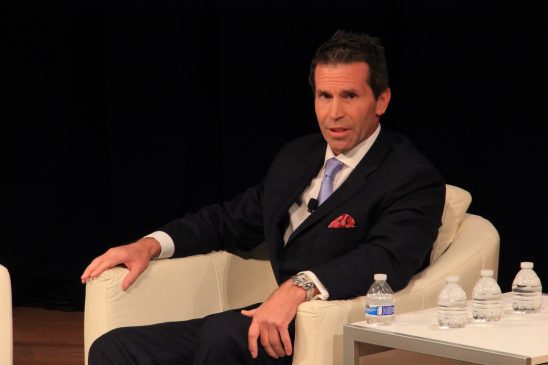MonetaGo, a software development company that builds private blockchains for financial institutions and central banks, has decided to change its underlying architecture from Hyperledger Fabric to R3’s Corda platform.
The New York-based firm, which has been testing its blockchain-based anti-fraud platform for receivables financing in India, cited concerns with how Hyperledger Fabric would scale up once large numbers of participants joined the system.
MonetaGo CEO Jesse Chanard told CoinDesk,
“As we looked at the different scalability pieces of Hyperledger, we saw that it could get challenging, at least at the current throughput of Fabric. So we started doing some testing on Corda and realized, at least in this specific case, it made a lot of sense.”
Specifically, Hyperledger uses numerous channels, or “subnets,” to ensure the privacy of data shared between parties on the blockchain. It’s this facet of its architecture – which is evolving with each version of Fabric, it must be said – that Chenard is referring to.
“Trade finance involves thousands and thousands of participants Looking at the scalability and load testing, you have to ask how will Fabric scale when you’ve got tens of thousands of suppliers with tens of thousands of channels,” he said.
Corda, on the other hand, tackles privacy in a different way: it only shares data between counterparties to a deal (and possibly their regulators) rather than broadcasting it like on a public blockchain, removing the need for partitioning.
Hyperledger declined to comment on MonetaGo’s change of platform choice.
India to Mexico
A former bitcoin exchange that pivoted to enterprise software, MonetaGo had already been working with Corda to automate the issuance of commercial paper, yet another reason to make the change, Chenard said.
The next version of MonetaGo’s receivables anti-fraud network, built on Corda, will go live early this year in Mexico, he said.
David E. Rutter, R3’s founder and CEO, said in a statement: “We’re excited to see the network running in production on Corda Enterprise with a number of our member banks in Mexico.”
In April of last year, MonetaGo announced that its receivables financing blockchain on Hyperledger Fabric was being tested in conjunction with the Reserve Bank of India. The central bank licensed it to three so-called factoring exchanges – RXIL, A.TReDS, and M1xhange – where small businesses bring invoices to obtain financing from banks.
Squaring off
This is not the first time organizations that have been building on Hyperledger have changed their minds and moved to R3 Corda.
It has happened on a rather large scale in the blockchain and insurance world, where both the B3i and RiskBlock consortiums migrated to R3 after kicking the tires of Fabric.
However, the trade finance blockchain space has remained evenly split with likes of we.trade on the Hyperleder Fabric side and Marco Polo and Voltron using Corda.
Chenard explained that interoperability with the Corda trade finance ecosystem was another driver for MonetaGo’s decision, concluding:
“The trade finance solutions we are really looking at are Voltron and Marco Polo and we began to think, ‘wouldn’t it be great if you were writing this stuff natively for Corda, rather than trying to figure out how to connect Hyperledger and Corda and vice versa?’”
David Rutter image from CoinDesk archives




